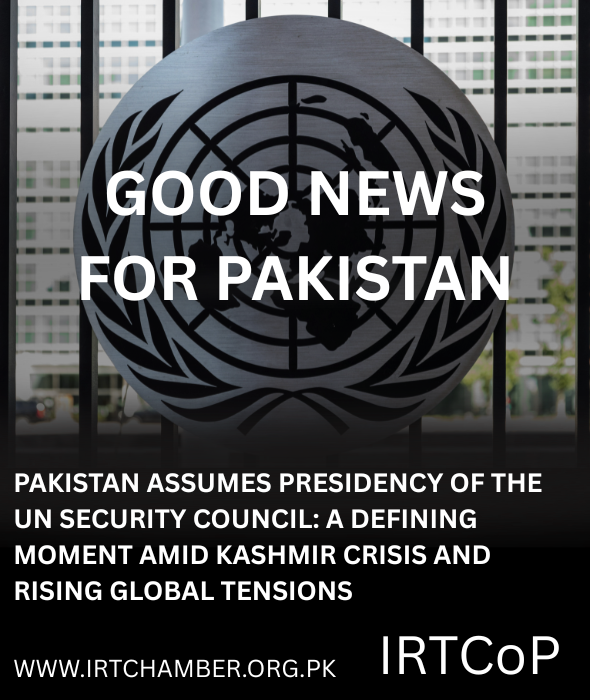ISLAMABAD — Pakistan has welcomed the “Supplemental Award of Competence” issued by the Permanent Court of Arbitration (PCA) at The Hague in the Indus Waters case, which reinforces that India has no right to unilaterally suspend or hold the Indus Waters Treaty (IWT) in abeyance.
In a statement released by the Foreign Office, the Government of Pakistan expressed satisfaction with the Court’s ruling, which reaffirms that the IWT remains valid, fully operational, and binding on both countries. The Court of Arbitration confirmed its continuing competence in the matter, despite India’s unilateral declaration to withdraw from the dispute resolution process.
The supplemental award, issued on June 27, 2025, addresses procedural concerns raised by India and unequivocally states that the treaty remains in force until both parties mutually agree to terminate it. The PCA noted that “the Treaty does not allow either party, acting unilaterally, to hold in abeyance or suspend an ongoing dispute settlement process,” as this would undermine the efficacy and integrity of the treaty’s compulsory third-party arbitration mechanism.
India suspended its participation in the IWT following an attack in Pahalgam, occupied Kashmir, in April, which resulted in 26 deaths. Without providing verifiable evidence, New Delhi accused Islamabad of involvement and unilaterally declared the treaty suspended. Pakistan condemned the move as a grave violation of international law, specifically the 1960 Indus Waters Treaty and the 1969 Vienna Convention on the Law of Treaties.
A statement from the Government of Pakistan emphasized, “This ruling vindicates Pakistan’s position that the Indus Waters Treaty remains valid and operational, and that India has no right to take a unilateral action regarding it.”
The government further called on India to “immediately resume the normal functioning of the Indus Waters Treaty and fulfill its treaty obligations wholly and faithfully.”
The Hague-based PCA also announced that the Court would proceed with the first phase of the case on merits, following the hearings held in July 2024 at the Peace Palace, its seat in the Netherlands. Pakistan reiterated its expectation for a timely decision on the matter.
Prime Minister Shehbaz Sharif reaffirmed Pakistan’s readiness for dialogue, stating, “We are prepared to engage in meaningful talks with India on all outstanding issues, including Jammu and Kashmir, water, trade, and terrorism.” The Foreign Office echoed these remarks, calling for a return to diplomatic negotiations and respect for international treaty obligations.
India’s Response and Rejection of the PCA Ruling
In contrast, the Indian Ministry of External Affairs (MEA) categorically rejected the PCA’s supplemental award. According to The Hindu, the MEA dismissed the legitimacy of the arbitration process, claiming that the formation of the arbitral tribunal constituted a violation of the treaty and that any decision it rendered was therefore “illegal and void.”
The MEA further stated that India’s decision to suspend the IWT was an exercise of its sovereign rights under international law, contingent upon Pakistan ceasing its alleged support for cross-border terrorism. India labeled the PCA’s declaration as a “charade at Pakistan’s behest.”
However, the PCA press release firmly stated:
“It was not open to India to unilaterally suspend the Indus Waters Treaty, regardless of how its actions were justified under international law.”
Conclusion: A Turning Point in Regional Water Diplomacy
The ruling serves as a significant milestone in South Asia’s water diplomacy, reinforcing the principles of international law, the sanctity of multilateral agreements, and the role of neutral dispute resolution. It underscores that treaties like the IWT—brokered by the World Bank in 1960—are not subject to unilateral interpretation or abrogation.
Pakistan now looks forward to the continuation of the dispute resolution process and urges the international community, including the World Bank, to ensure India’s compliance with the treaty’s provisions.






